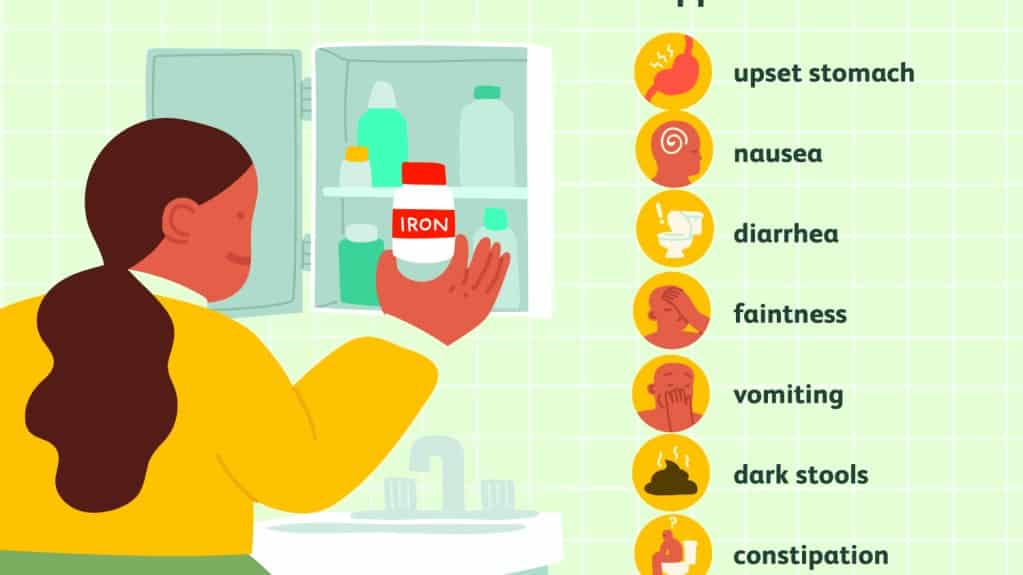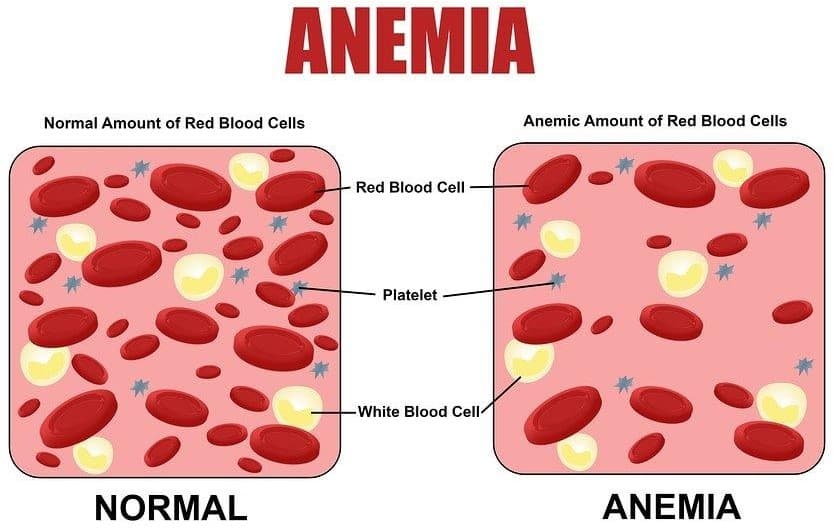Poor nutrition, whether in terms of quantity or quality, has a detrimental impact on the mental and physical development of children. To thrive, children require several nutrients found in various food groups. A balanced diet, with high-quality food, provides the nutrients, micronutrients, vitamins, and minerals that ensure healthy growth in children. Malnutrition has far-reaching negative effects, as it can create a burden on a country’s healthcare system and also cause problems in economic development as a result of having an unhealthy population who cannot function to their full potential.
37.5 million people in Pakistan do not receive sufficient sustenance according to the UN Food and Agriculture Organization, and 3% of the country’s GDP is lost annually because of high levels of malnutrition. 40.2% of Pakistani children under the age of 5 years have stunted growth while 17.7% are affected by wasting according to the National Nutrition Survey of Pakistan in 2018. 12 million children have low height for their age in Pakistan. The physical and cognitive development of children is adversely impacted because of poor nutrition and also results in lower immunity and higher susceptibility to diseases which in turn creates stress on the healthcare system.

One dire consequence of malnutrition is the lack of iron in children. This iron deficiency can cause impaired tissue function and may also lead to anemia which triggers multiple problems including poor weight gain, frequent respiratory and intestinal infections, and behavioral and cognitive difficulties. Studies have found that severe iron deficiency in young children leads to poor brain health and weaker cognitive and motor development. Pakistan has always had a high prevalence of anemia which was 50.9% in 2001 and had risen to 53.7% in 2018. The National Nutrition Survey of Pakistan in 2018 found that 48% of children under five are moderately anemic while 5.7% are severely anemic.

Preventing iron deficiency in children should be foremost on the list of health initiatives to be implemented by policymakers. Iron-rich foods are necessary to counteract low iron levels in children. Foods such as red meat, chicken, fish, beans, and spinach are good sources of iron. In developing countries like Pakistan, where there is a high level of food insecurity and inadequate understanding of the need for a balanced diet, the fortification of foods is the most ideal and sustainable way to ensure children receive the micronutrients they need for healthy growth and development. Many countries around the world have had success with food fortification initiatives resulting in better health of their population. The World Health Organization and the Food and Agriculture Organization aid governments to put into effect food fortification programs in developing countries.
The fortification of staple foods such as wheat, maize, and rice, with iron, has been successfully used to fight iron deficiency around the globe. Iron-fortified milk is one of the main ways in which children, particularly those who are young, can increase their daily intake of iron. With nearly 2 billion people around the world suffering from iron deficiency, new and more advanced ways to reduce the problem are being researched. An exciting technological breakthrough called Iron+ has been made at the Massey University in New Zealand which enhances the absorption of iron in the blood. Advancements in research and the development of such technologies can help alleviate the occurrence of anemia around the world.

To address the issue of malnutrition and iron deficiency in the country, Pakistan’s policymakers need to be committed to implementing legislation and policies for the betterment of the physical and mental health of children. This includes introducing mandatory nutrient-fortified foods that are easily available to the population. Iron-fortified milk and milk powders for children under the age of 5 must be particularly encouraged and promoted. A promising development in Pakistan recently has been the fortification of wheat flour with iron, folic acid, vitamin B12, and zinc, and the fortification of edible oil with vitamins A and D. Initiatives such as these need to be reinforced as they will have a positive impact on individuals and families and will ultimately be beneficial for the country’s health and economic development.


